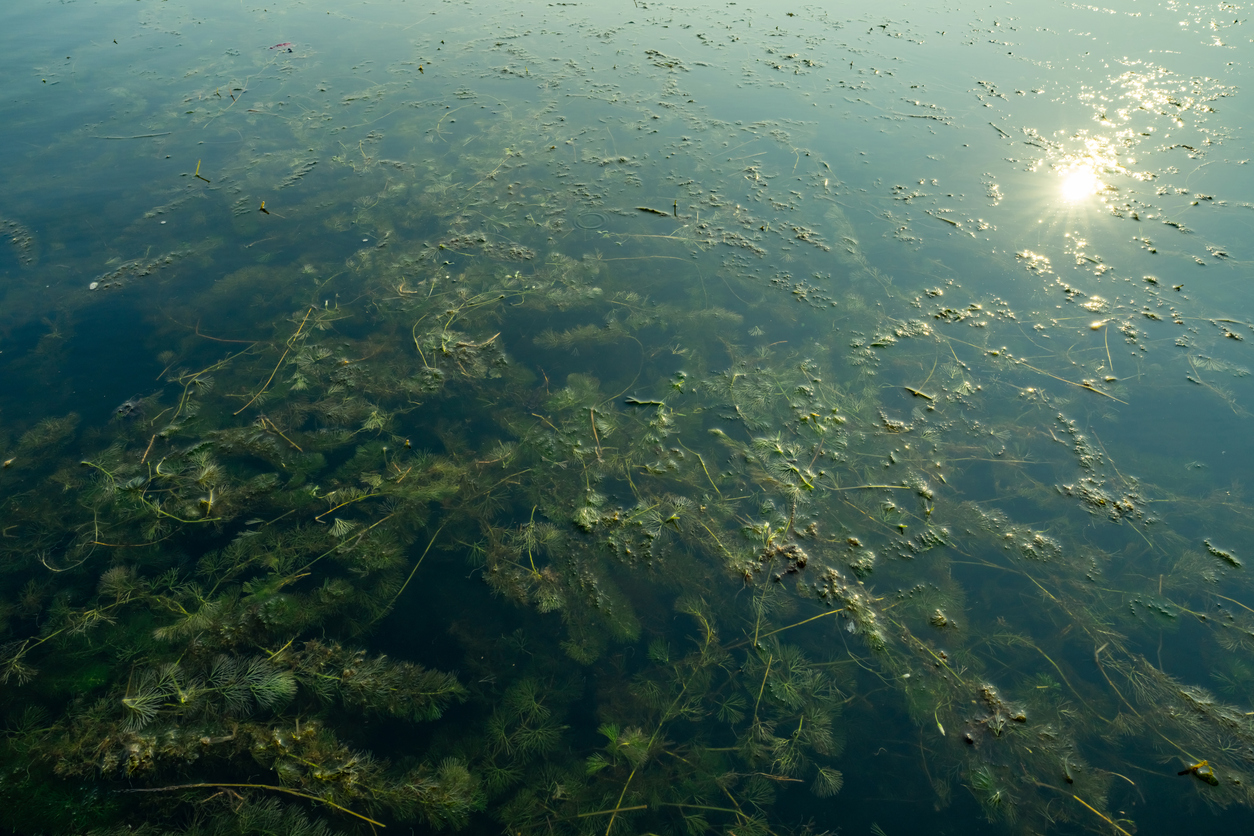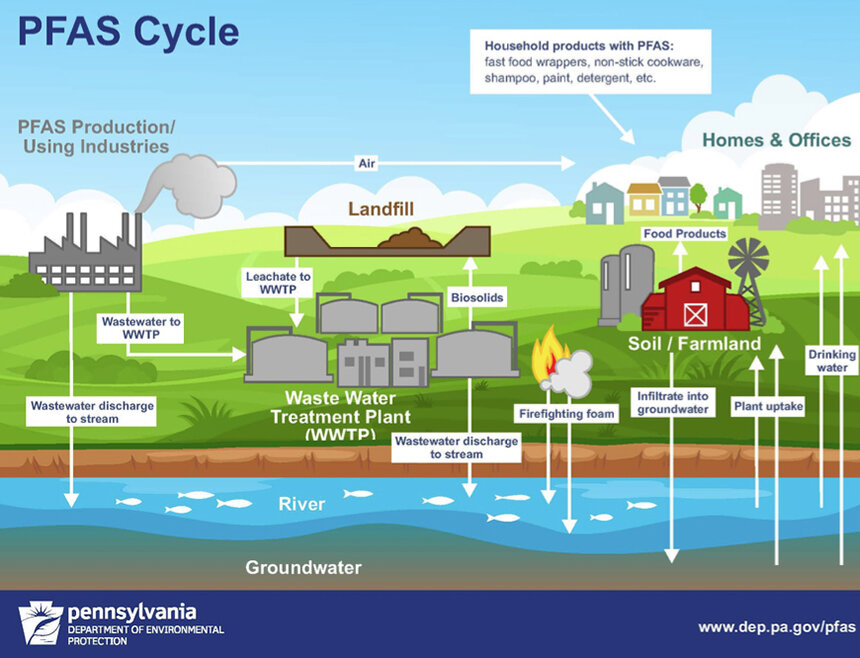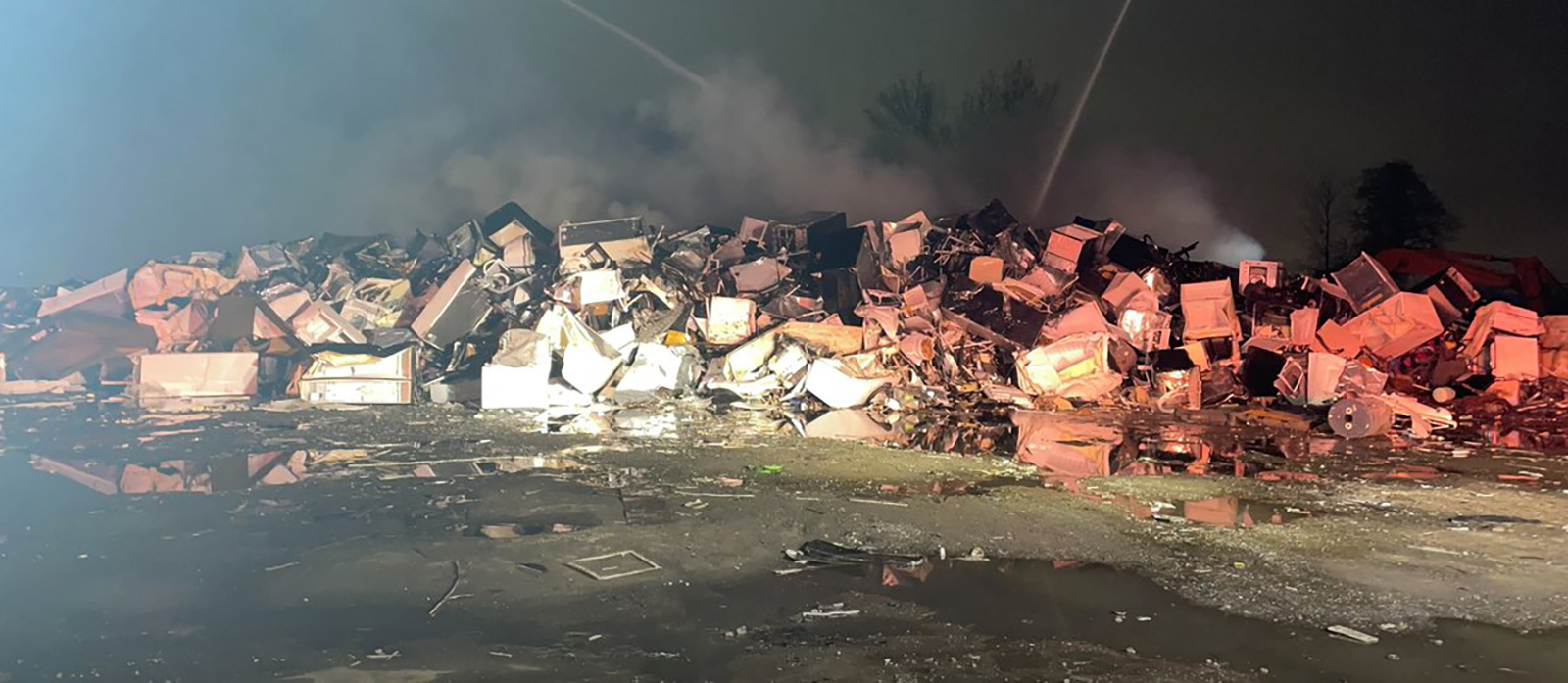North Kingstown Sues Companies Over Forever Chemicals in Drinking Water
May 22, 2023
NORTH KINGSTOWN, R.I. — David is taking on Goliath again, at least in one South County suburb.
Last month town officials filed a lawsuit in South Carolina District Court against 3M, DuPont, and related companies known for manufacturing the per-and polyfluoroalkyl substances (PFAS) that have contaminated at least one of the town’s drinking water supply wells.
In the complaint, the town alleges the companies, which manufactured Scotchgard, Teflon, and other products containing PFAS, marketed and sold these products knowing what impact they would ultimately have on the environment.
The town made no formal requests for specific damages in the lawsuit, but indicated in the filing it was seeking “to recover costs associated with the impacts to drinking water, stormwater, surface water and groundwater with PFAS, and further seek abatement of the ongoing nuisance these chemicals constitute in the environment.”
The town has also requested the venue be transferred to Rhode Island District Court.
PFAS chemicals have been detected in all the wells North Kingstown uses for its drinking water supply. Unusually for Rhode Island, the town, thanks to a miracle of geography and long-ago ice ages, is able to supply its residents with drinking water drawn from within the town itself without having to have it pumped from the Scituate Reservoir or rely on individual private wells.
So far, only three of the town’s wells are showing amounts above the Environmental Protection Agency’s proposed national drinking water standard. One well, near Stoney Lane, has been offline from the town’s water system since 2021 due to PFAS contamination. The well produced half a million gallons of drinking water per day.
Tim Cranston, director of the town’s water department, said remediating the offline well was too cost-prohibitive and the town will instead seek a new site to build a replacement one. Despite being the cheaper option, it’s still an investment. Cranston estimated the cost of a new supply well between $2 million and $3 million, not including the cost to buy the land.
“The only other option is for it to come out of your ratepayers, and we’d rather not do that,” Cranston said. “We don’t want to put financial stress on the folks who are buying our water, but at the same time we want to make certain we’re giving them water that is safe.”
The defendants listed in the lawsuit have pushed back on the allegations.
“3M acted responsibly in connection with products containing PFAS and will vigorously defend its record of environmental stewardship,” company spokesperson Carolyn LaViolette said.
Dan Turner, a spokesperson for DuPont de Nemours, one of the defendants listed in the complaint, said, “We believe these complaints are without merit and we look forward to vigorously defending our record of safety, health and environmental stewardship.”
PFAS are human-made chemicals that have been around since the 1940s to make certain products water, grease, or stain resistant. They take centuries to break down naturally in the environment — hence the moniker “forever chemicals” — and in recent years residents have only just started to understand the public health risks associated with years of exposure to PFAS.
And they are found everywhere. While Rhode Island has seen increased attention on the forever chemicals in local water supplies, nearly everyone, both human and animal, has a background amount of PFAS in their blood, with low levels found in food products, soil, and air.
Exposure to certain PFAS levels can result in developmental effects in children, increased risk of some cancers, increased cholesterol levels, decreased fertility, and other health impacts.
“The vast majority of PFAS in communities like North Kingstown that are largely residential come from half a century of folks washing their clothes that has Scotchgard on them and that goes into the septic system, and then scrubbing out that Teflon pan and vacuuming the floor and rug and all these things,” Cranston said.
North Kingstown isn’t alone in its struggle against forever chemicals. A 2022 report from the Massachusetts Sierra Club said that one or more PFAS were detected in 22 cities and towns across the state. Fifteen of those towns were above the Massachusetts PFAS limits of 20 parts per trillion (ppt).
And the stuff is truly everywhere. Last year ecoRI News reported on the high levels found in Warwick’s Spring Green Pond, and other nearby water bodies like Buckeye Brook and the Pawtuxet River also tested positive for PFAS chemicals. The source of the contamination in Spring Green Pond is still up for debate.
Rhode Island adopted its own PFAS standards for drinking water last summer, modeling the law after Massachusetts. The law also requires all public water systems to test for PFAS. At the same time, the EPA announced lifetime health advisories for four PFAS chemicals, and attached much more stringent thresholds for PFAS in drinking water, with the lowest acceptable measurement for one chemical as low as 0.004 ppt.
Meanwhile, the General Assembly is considering additional bills regarding PFAS. H5673 and S0016, introduced by Rep. Terri Cortvriend, D-Portsmouth, and Sen. Meghan Kallman, D-Pawtucket, would ban PFAS in a range of products such as carpets, cosmetics, apparel, and cookware.
Those bills were held for further study.
Categories
Join the Discussion
View CommentsRecent Comments
Leave a Reply
Related Stories
Your support keeps our reporters on the environmental beat.
Reader support is at the core of our nonprofit news model. Together, we can keep the environment in the headlines.
We use cookies to improve your experience and deliver personalized content. View Cookie Settings




Very Interesting. I guess these companies would also be responsible for chemical releases throughout the Town and on the old military property. Additionally, locating several of the Town dumps within the water supply areas probably was not a good decision 😕.But let’s blame them.
Anyone near Stony Lane want to talk about the unusual cancers they or their children have gotten? I think a lot of us will be able to think of two specific kids but it’s definitely not my place to name them here, I’ll leave that up to their families.
I agree with you somewhat Jeff. I guess the real question with pfas is DID THEY KNOW that 1. These chemicals were persistent? Probably. 2. That they would cause negative outcomes with humans and the environment? Possible. If indeed it can be shown that they did know about potential negative side effects and marketed them anyways, then they should be held accountable in my opinion.